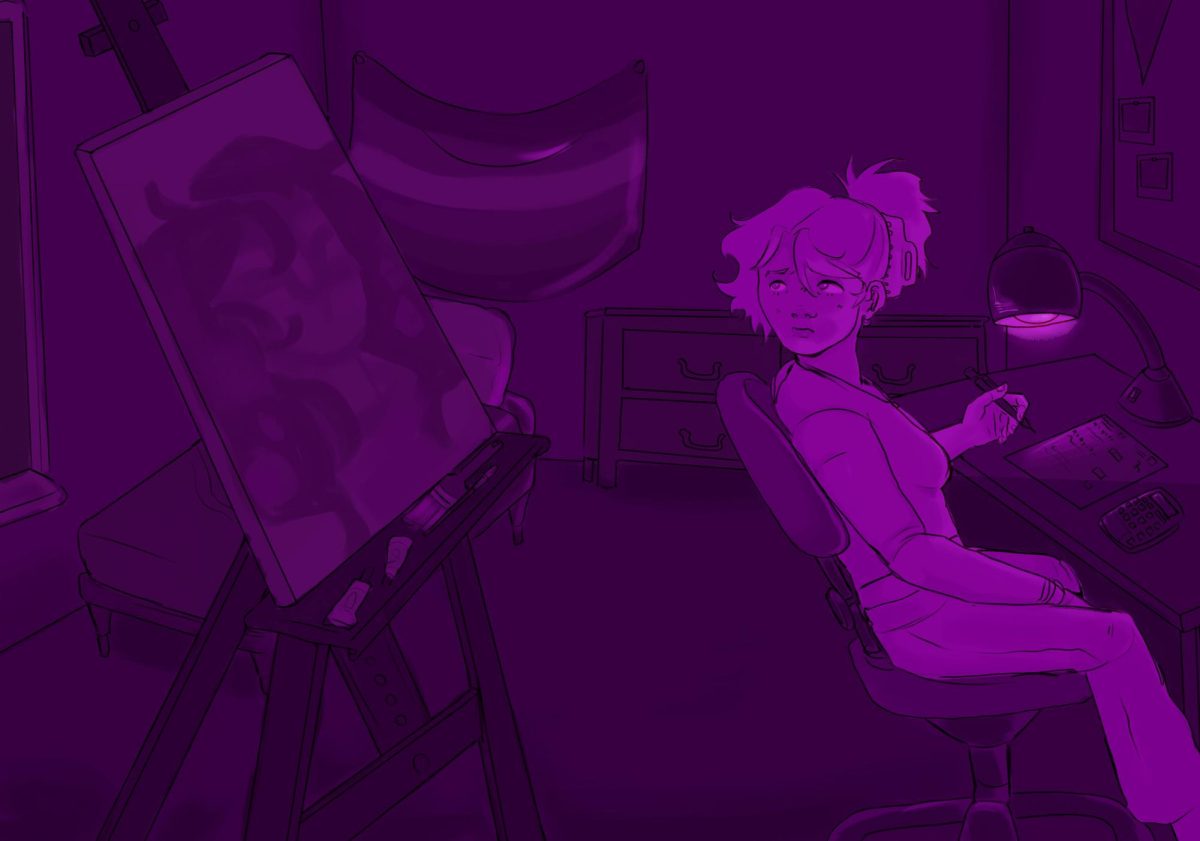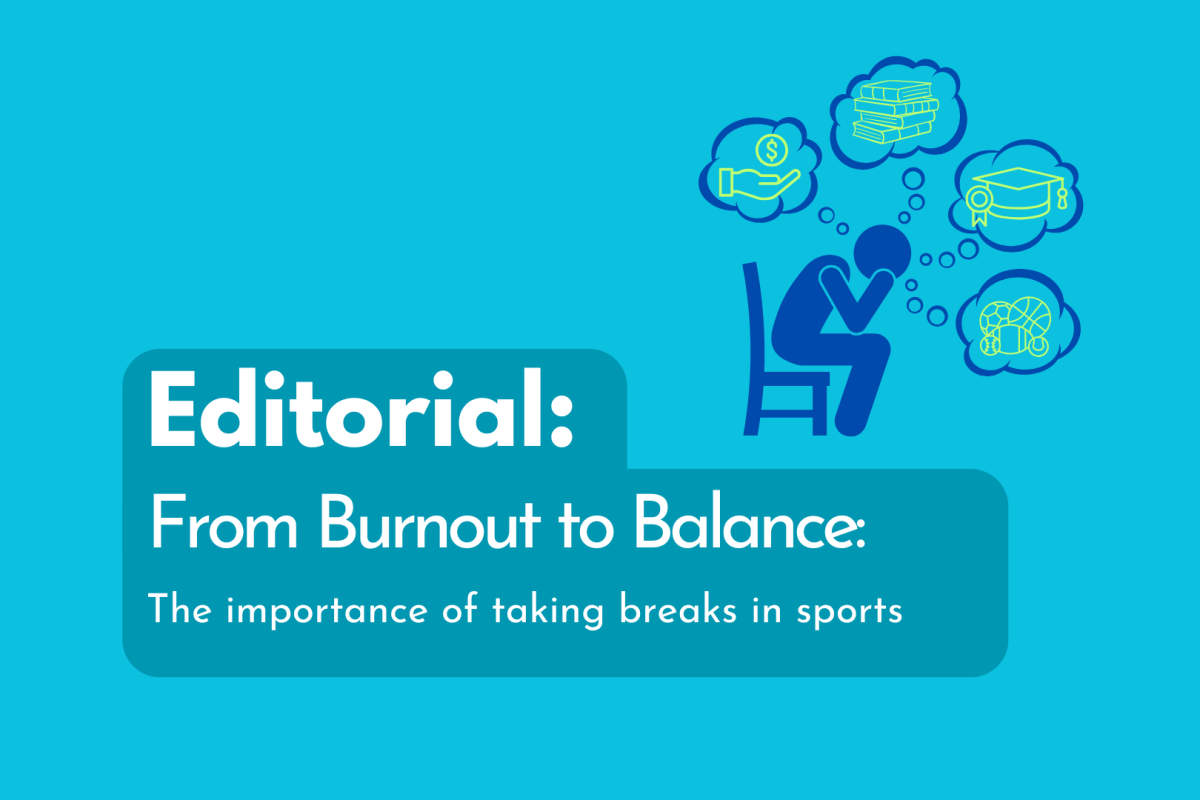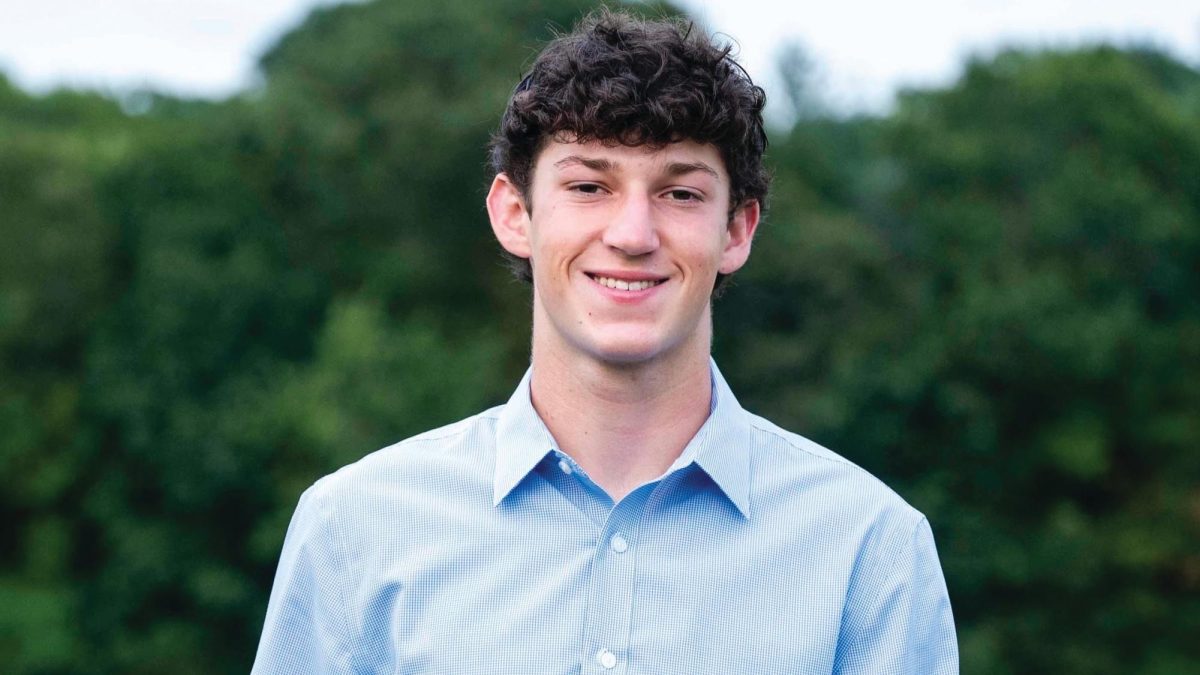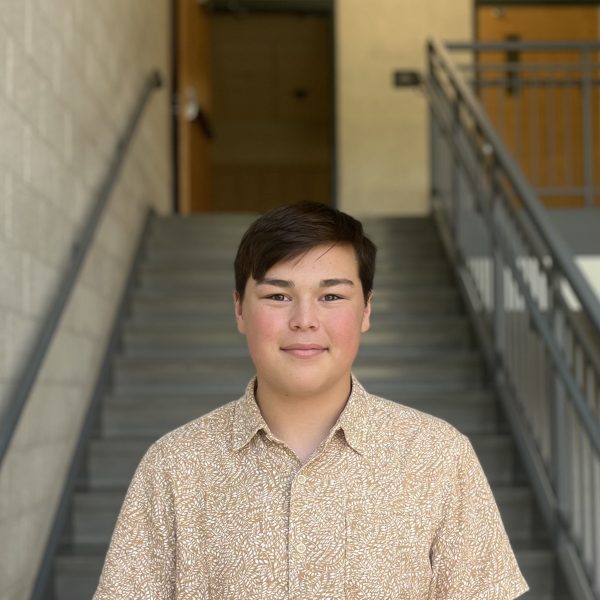The high school transcript holds increasing value, shaping future opportunities with each grade, each exam and especially each course. Yet, limited opportunities to select unique courses must be expanded to support student growth.
According to the Massachusetts Department of Education Graduation Requirements, Massachusetts high school students are required to take four years of English and math alongside three years of science and history, two years of foreign language and five additional “core” classes with a full year in any arts program. This comprehensive required curriculum amounts to a total of 95 credits, leaving students with a mere 45 credits out of Algonquin’s maximum in-school credits of 140.
For context, taking no study halls, students are given 16 half-year elective courses out of the total 56 semesters they will spend at Algonquin. However, many future paths involve additional requirements including 3-4 years of a foreign language, a fourth year of science or history, or even more art classes. With so many required classes, students are set up to apply to colleges, trade schools or jobs with insufficient exemplification of their interests.
This phenomenon is especially true with students not focused on the subjects represented in the general education presented by the core curriculum (sciences, English, history and foreign languages). For students who enjoy the fine or performance arts, the classes required for graduation often impede their ability to pursue both their artistic talents while engaging with the core curriculum. Planning to go to a rigorous college while still taking two semesters of an art course each year leaves four half-year elective course slots besides that year-long art course. It’s exhausting, especially when considering how certain classes, such as physics, are much more important to students interested in engineering than to a student interested in vocal performance. This imbalance leaves students feeling overwhelmed and unable to adequately hone their skills in areas that truly matter to them.
I’ve experienced this myself, as a student looking towards communications. The idea of taking physics in my junior year and closing off my ability to fit Video Production into my schedule at Algonquin is scary. By taking a required science class over a Performing Arts class I could choose for myself, I’d lose the ability to explore a wider range of classes to test my interests. I feel unprepared to go into a field that I assume will bring me joy, but frankly, I haven’t had the space in my educational programming to explore that interest.
Many students feel similarly, unsure of what they want to pursue following graduation. It’s easy to know which of the core classes you enjoy, but it’s harder to dive into what aspects of them are the most interesting without the schedule space to do so. Furthermore, these required classes are part of what makes American education feel so monotonous and stale. While two hours of homework will never be exciting, that work would seem much more engaging if it could relate to my interests directly. Unable to choose a majority of the classes I take, I am forced to pound my brain with subject matter that I take no interest in and likely will never use outside of Algonquin.
Now, while it is true that individuals can discover their passions outside of the classroom, it is important not to disregard the value and accessibility of exploring interests within the classroom. Participation in internships, sports, clubs or even specialized schools costs money that many families are unable to spend. Public school education should be able to provide its students with a general understanding of the world, and lessons they will use in life, properly preparing them for the future. The student population is being educated, make no mistake, but their education is flawed in that it does not establish the inventive creativity that students will need in their specified field.
As the workforce expands into a multi-faceted array of options, one might expect public schooling to do the same. Students are expected to understand where to go in life following graduation, but the number of required courses that force them into one box stifles their creativity and abilities to fully realize their interests. Furthermore, the schools that allow students to explore their passions, such as technical schools or trade schools, often come with tuition or a lack of public transportation that make them inaccessible to many students.
I would expect the general schooling systems to accommodate alternative paths of study, but they often fail in this regard. I understand that a lack of funding is a crucial barrier against pushing varied programs in public schools, but lessening the required curriculum would allow for further exploration and skill-building for each student’s important areas.
This all comes down to the age-old question from students: “When am I actually going to use this?” While some career paths bring a solid use for chemistry, calculus or French beyond high school, most students miss out on an opportunity to take classes tailored to benefit their future. In this way, requiring students to take so many classes undermines the purpose of education by missing the opportunity to show children the excitement of learning what they want, and by rather teaching kids how to cram for tests, learn information that will prove tangential to their lives and by preventing them the preparation they require for growth beyond high school. It’s time to reconsider the structure of mandatory curricula and prioritize empowering students to pursue their interests and cultivate the skills essential for their paths forward.










